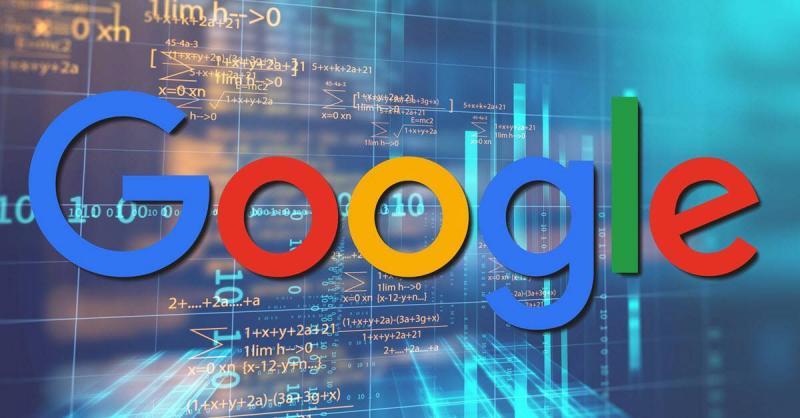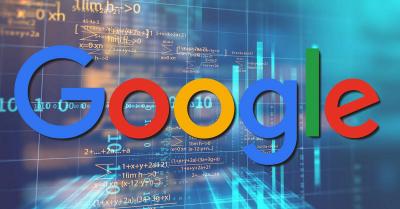On Thursday, Google launched new tools aimed at individuals with severe disabilities who are unable to use their phones through voice or hand gestures, via an application that allows users to communicate using facial movements. The new app, called "Project Activate," uses the camera to detect facial movements, including frowning, opening the mouth, smiling, or looking left or right, which enables the activation of predetermined features such as stating a sentence, sending a text message, or making a call, according to "Al Sharq" newspaper. The app specifically targets individuals suffering from multiple sclerosis, muscular dystrophy, or cerebral palsy.
Lizzy Lilienfeld, the research director, discussed this product during a press conference, stating, "We wanted to create something quick that works independently from other assistive technologies, at a low cost, and is portable." The "Project Activate" app is now available in English in the United States, Canada, the United Kingdom, and Australia. Concurrently, the American tech giant is launching the "Camera Switches" feature, which is integrated directly into the accessibility tools of the Android operating system used by the vast majority of smartphones worldwide. This tool, which has been in trials for nine months, operates on the same principle of facial movement recognition, allowing users to browse their screens to select a song, for example.
Users can customize "Camera Switches" based on their specific preferences by setting the size or duration of the movement required to activate a feature on the device. The company has also updated its "Lookout" app, launched in 2019, aimed at visually impaired individuals, which is used to recognize objects or text in the user’s environment. The app communicates with users audibly and can now read texts in 23 different languages, even if written in handwritten Latin scripts. Additionally, the app now recognizes two more currencies: the euro and the Indian rupee.
According to data from the Centers for Disease Control and Prevention (CDC), 61 million adults in the United States have disabilities, and Google, along with its competitors like Apple and Microsoft, is seeking to attract users from this demographic.




